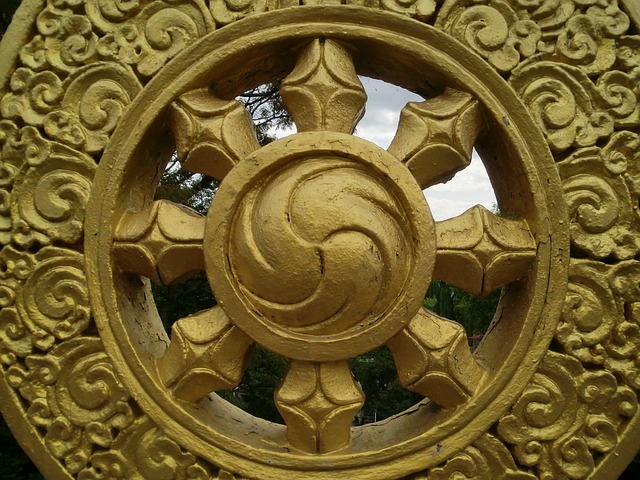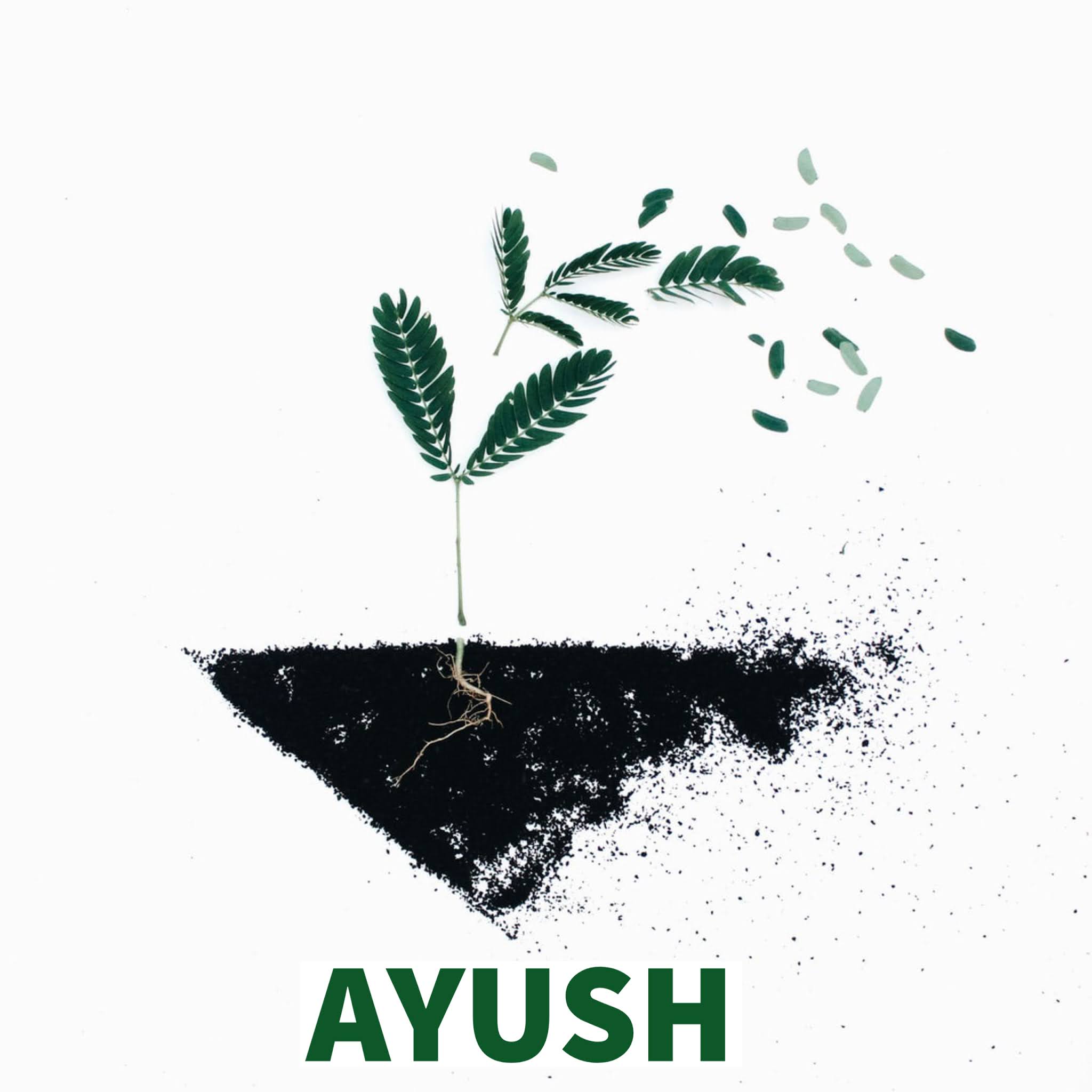THE CONCEPT OF DHARMA
The concept of Dharma is unique and comprehensive in Indian philosophy. The Sanskrit word ‘Dharma’ cannot be exactly translated in the English language. The word ‘Dharma’ is derived from the Sanskrit root, ‘dhr’ which means to sustain, to support, or to preserve. In Indian philosophy, the word ‘Dharma’ is used in various ways.
In Rigveda, the word ‘Dharma’ stands for natural or cosmic law. The cosmic law ‘Rta’ reflects in the society as ‘Dharma’. It also stands for moral laws and moral conduct.
In Chhandogya Upanishad, ‘Dharma’ stands for the performance of duties related to the stages of life that is Aashram-Dharma.
In ‘Eitereya Brahman’ the word ‘Dharma’ stands for right conduct. The king is the preserver of ‘Dharma’ that prescribes a code of conduct.
In Mahabharat, the word ‘Dharma’ is defined as ‘dharanat dharayate ityahu’. ‘Dharma’ is that which holds together the society.
In Vaisheshika philosophy, ‘Dharma’ is that which leads to prosperity and the highest good or spiritual wellbeing.
In Mimansa philosophy, the word ‘Dharma’ is a Vedic command which ought to be followed.
Manu Smruti and Yadnyavalkya Smruti, hold ‘Dharma’ as the performance of duties prescribed by an individual’s Varna (the class) as well as Ashrama (the stages of life).
Dr. Radhakrishnan wrote, “We may define ‘Dharma’ as the whole duty of man to the fourfold purposes of life [Dharma, Artha, Kama & Moksha] by members of four groups [Chaturvarna] and the four stages [Chaturashrama].”
Indian ethical view correlates three strings of morality in human life – subjective, social, and spiritual. Purushartha implies the achievement of subjective morality that is an individual's own goals. Varnashrama implies social morality. An individual cannot live a solitary life. The concept of Rna implies the sense of gratitude for whatever a person receives from his fellow beings. An individual’s spiritual liberation is possible only through the disinterested performance of duties.
The concept of Dharma is depicted in the concept of Rta is a Cosmic Law. It is depicted as a Duty in the concept of Rna in a social sense. The concept of Dharma plays an imp role in the theory of Purushartha. It guides the individual at a fundamental level in the pursuit of values in his life The concepts of Rta (the eternal cosmic order), Rna (the debts), and Purushartha (the Supreme Ends) provide the metaphysical foundation to the moral life of an individual.
We try to understand "THE CONCEPT OF DHARMA CONCERNING RTA, RNA & PURUSHARTHA."
POST BY




Amazing write up. Thank you for posting this content. Get to know about the best radiology diagnostic centre in Kerala.
ReplyDeleteExcellent work. Thanks for sharing this knowledge with us. Know about the best PET scan in Kerala & cancer specialist in Kerala.
ReplyDelete